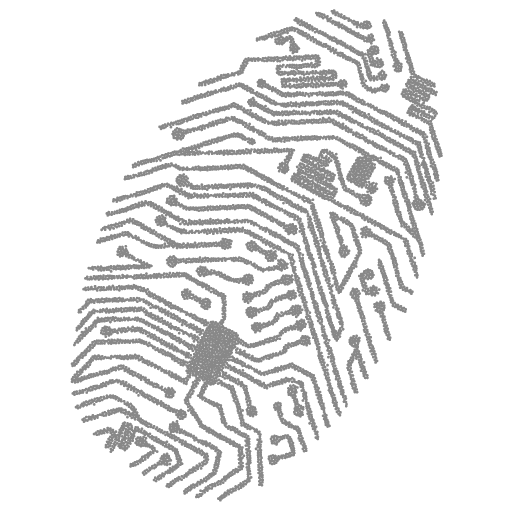An interview with Daniel Bigos, Gabriel Dymowski, Marcin Lorenc and Piotr Żelazko, members of the DoxyChain team (formerly DigiDocs), which took second place in the Polish phase of the Global Legal Hackathon.
Justyna Zandberg-Malec: Your project took second place in the Global Legal Hackathon. What is your solution all about?
Marcin Lorenc: We proposed basing powers of attorney for litigation, and in the future also other documents, on the secure blockchain technology. Using our application, which we are now perfecting, it will be possible to appoint or dismiss an attorney, as well as manage the circulation of powers of attorney and access the history of operations. The principal will know where his authorisation was used and who is the actual attorney in the given case. Lawyers in Poland use the right of substitution, passing on the representation of the principal to a colleague, which means that the principal doesn’t always know for sure who is actually representing him. In turn, the attorney may not remember all the cases where he was appointed to represent the client. Our solution comprehensively resolves the problem of such documents.
Continue reading “Powers of attorney (and more) on blockchain”
